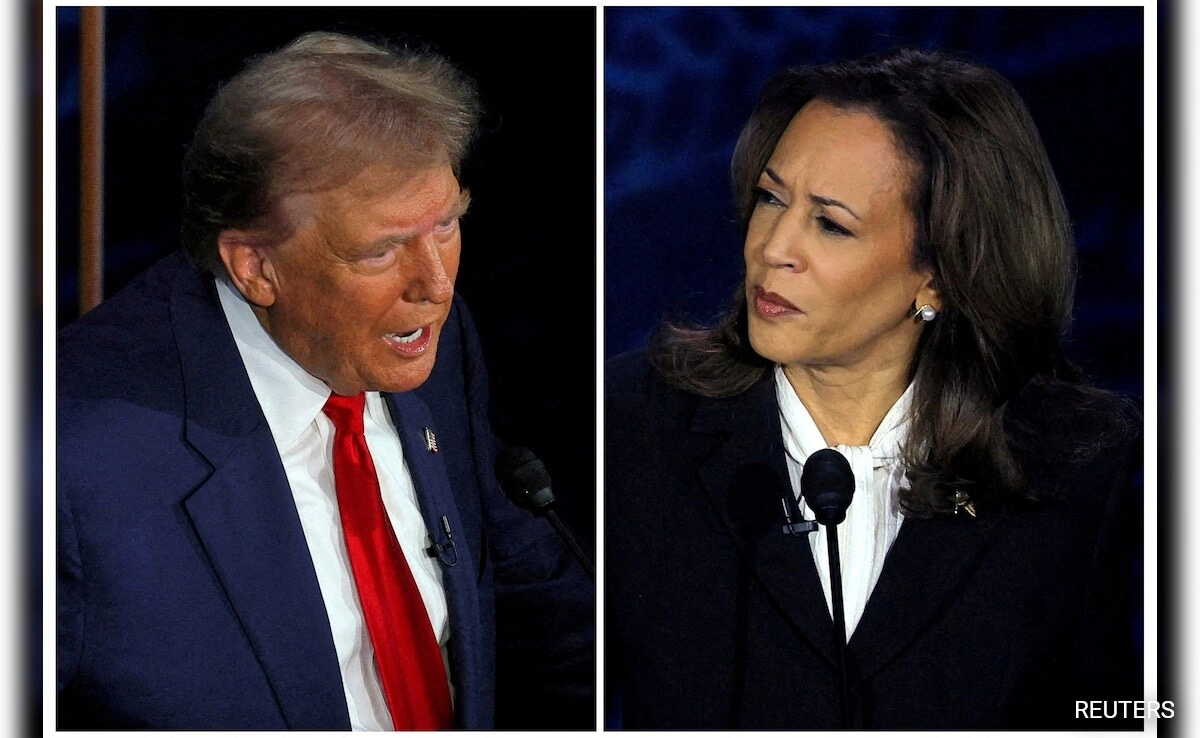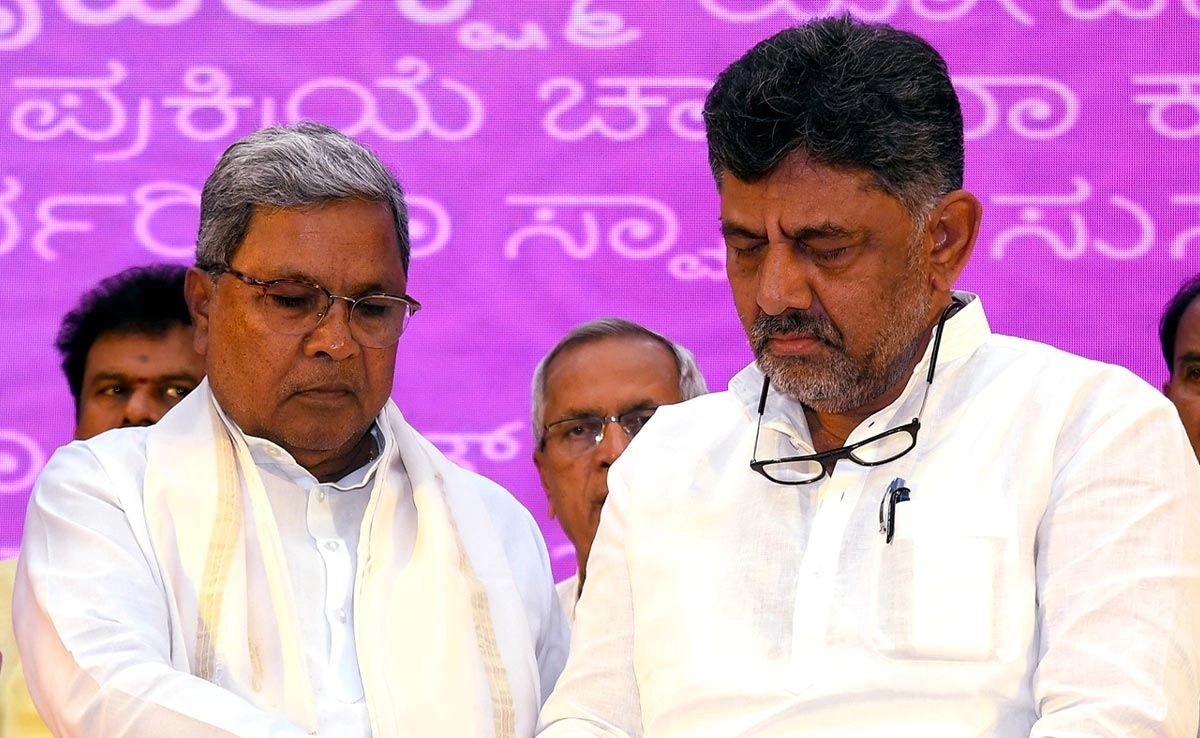In recent discussions surrounding the political landscape, former President Donald Trump has offered some candid advice to Vice President Kamala Harris, suggesting a specific course of action that he believes could enhance her political trajectory. Trump, known for his straightforward and often controversial remarks, emphasized the importance of addressing key issues that resonate with the American public. His perspective, while contentious, reflects a broader conversation about the challenges and expectations faced by political leaders in today’s climate.
Trump’s advice centers on the necessity for Harris to take decisive action in her role. He implies that effective leadership requires a proactive approach to pressing national concerns, particularly those affecting everyday Americans. By focusing on tangible solutions rather than political rhetoric, Harris could potentially strengthen her position within the Democratic party and among voters. This notion of practical governance echoes sentiments shared by many who believe that politicians must prioritize the needs and concerns of their constituents over partisan squabbles.
Moreover, the former president’s comments highlight the ongoing dialogue about the effectiveness of current political figures. As the Biden administration navigates complex issues such as economic recovery, social justice, and climate change, the role of the Vice President becomes increasingly significant. Harris, as the first woman and first person of South Asian descent to hold the office, carries the weight of historical expectations. Trump’s pointed observations suggest that, regardless of political affiliation, there is a universal demand for leaders to demonstrate accountability and vision in their actions.
As both parties gear up for the upcoming elections, the advice from Trump serves as a reminder of the critical nature of leadership in navigating the turbulent waters of American politics. Whether or not Harris heeds this counsel, the conversation surrounding effective governance continues to be a focal point for voters. In an era where public trust in political institutions is waning, the ability of leaders to connect authentically with the populace will undoubtedly play a pivotal role in shaping the future political landscape. Ultimately, the exchange of ideas—whether they stem from allies or adversaries—can foster growth and accountability in the public sphere, urging leaders to rise to the occasion.




